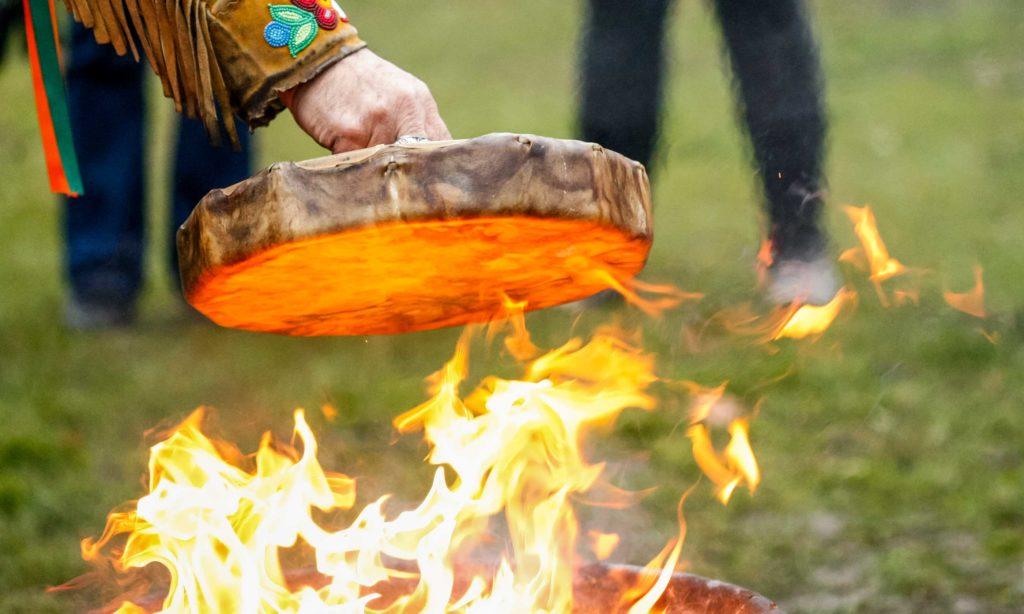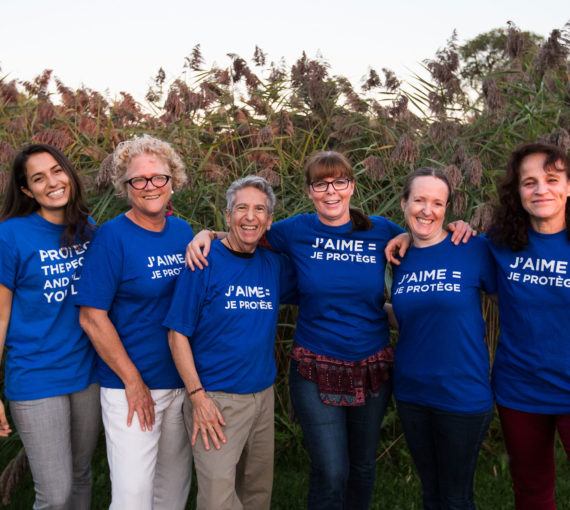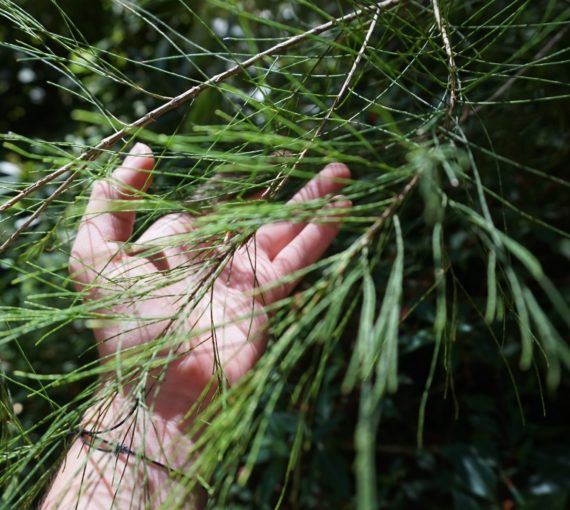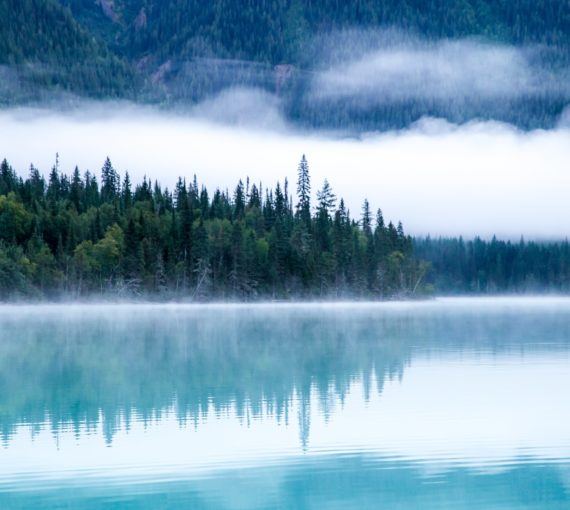
(Photo: Free Grassy Narrows)
I recently had the privilege of attending a powwow at Grassy Narrows—a ceremony held to honour the community’s long fight to remediate the poisoned English-Wabigoon watershed and celebrate Ontario Premier Kathleen Wynne’s recent commitment to clean it up.
It was also held to honour the folks who have been standing with Grassy — amazing people like Patricia Sellers, a freshwater scientist who has been working with the community for over 17 years, and Donna Mergler, a renowned expert on mercury who is devoting her retirement time to community health studies.
The health and livelihoods of the people of Grassy Narrows First Nation were deeply affected in the late 1960s when the province of Ontario allowed a pulp and paper company to dump 10 tonnes of mercury into the watershed, poisoning the water, fish and community.
It’s a bit of a trek to get to Grassy, which is located in northern Ontario, on the border of Manitoba. Most supporters flew to Winnipeg and drove four hours.
Overall, about 10 supporters attended, with notable absences of folks who weren’t able to make it — friends to the community like Thor Aitkenhead, Craig Benjamin from Amnesty International, Amanda Klasing from Human Rights Watch and a team of supportive doctors from Japan. (The term for mercury poisoning, Minimata disease, was coined in Japan after mercury was dumped in Minimata Bay.)
The numbers kind of surprised me. I often look back on significant movements in history and wonder if I would have joined others in bravely stepping up against injustice. Would I have been there to cheer on the first African-American child who braved her way to school amid the jeers of haters, had I lived in the town where it happened? Would I have stood for the abolishment of slavery before it became the norm to do so?
Hindsight is 20/20, and it’s easy to look back on landmark events and see which side was the right side of history to stand on. Once, just released from a holding cell after I got arrested at a protest for something I believed in, I called my parents, and mom surprised me by saying, “Oh, honey, I’m proud of you. One of my big regrets is not participating in the Martin Luther King march.”
It’s easy to see that those leading the campaign to bring justice to Grassy Narrows stand on the right side. There are few (if any) activists I respect more than Judy Da Silva, a grassroots leader within the community who speaks with quiet strength. (Don’t tell Jane Goodall, but Judy bumped her from the top of my hero list a few years ago.) Judy is one of many leaders in the community—the whole community including youth and elders have fought tirelessly for the progress that has been achieved to date.
Many people in Canada have come to understand the responsibility of advancing reconciliation in accordance with the recommendations outlined in the Truth and Reconciliation Commission led by Justice Murray Sinclair. Many have come to understand, too, the deep injustices that have been imposed upon Canada’s Indigenous peoples, from residential schools to the ’60s scoop to land dispossession to institutional racism. Thousands of Canadians have participated in activities to support Grassy Narrows, such as River Runs activities, online petitions and social media campaigns.
Every person who supports Grassy Narrows helps to make community members feel less isolated — community members who have, until this year, determinedly continued to speak to the backs of government ministries that ignored them for more than four decades.
Yet I want to see more active supporters, and sometimes I can’t help but wonder that there are only dozens who have made the fight for Grassy an ongoing part of their lives, not thousands.
I want every person in Ontario to take on this cause, to hold the Ontario government accountable to the promise of expedited remediation so the people of Grassy Narrows can once again eat the fish in English-Wabigoon river system without fear of mercury poisoning. I want more people to realize now that this is one of the most important social justice issues of our time, and to stand with Grassy, so that one day they will be able to tell their grandchildren with pride they did.
Our work
Always grounded in sound evidence, the David Suzuki Foundation empowers people to take action in their communities on the environmental challenges we collectively face.



